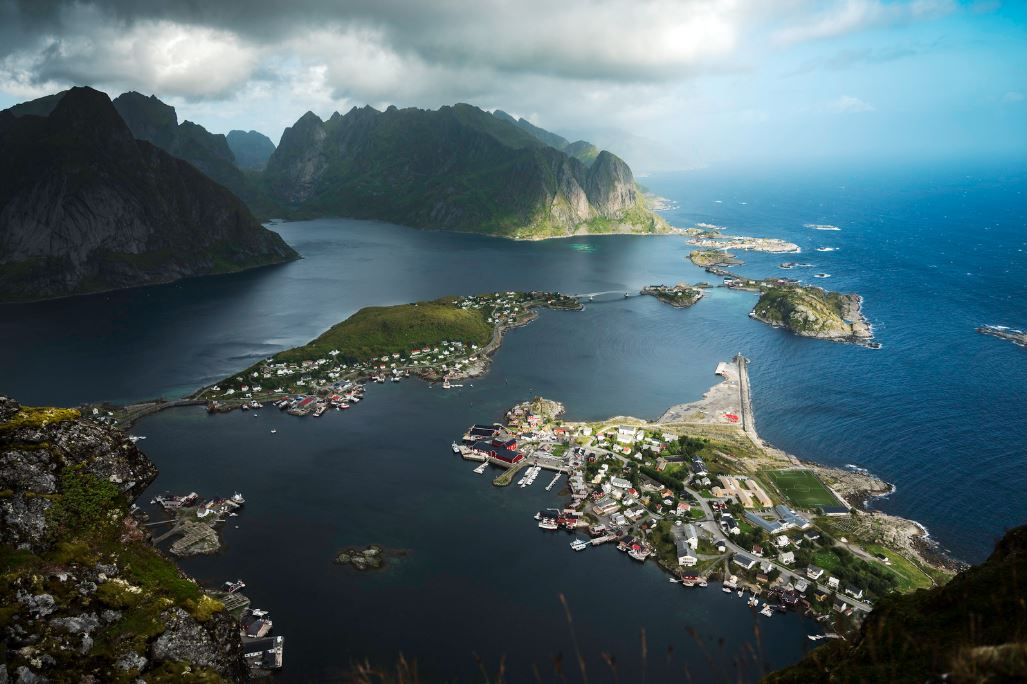Norway is currently the largest oil producer in Western Europe. Although Norway granted 83 exploration licenses in early 2019, three months later the Labor Party withdrew its support for oil exploration and drilling in the Lofoten Islands archipelago in the Arctic. It seems that the country will be partly heading in another direction due to ecology.
The oil industry is currently pumping over 1.6 million barrels a day in offshore waters. Oil companies’ plans are somewhat unbroken.
Ecology vs. Economy
The Norwegian government has approved an investment of $ 1 trillion in wind and solar projects. This suggests that the country has partially diverted investment from fossil fuel profits for the development of renewable energy sources.

Fossil fuel production is the country’s main source of income. Equinor ASA, a multinational energy company controlled by the state of Norwegian, said it is necessary to gain access to exploration drilling in Lofoten. It is estimated that the archipelago hides about 1 to 3 billion barrels of oil beneath the seabed.
But the decision of the opposition party is not so surprising. More and more Norwegians have a problem with oil as a key source of wealth for the country – because of concerns about ecology and climate change. Almost every second Norwegian has exchanged a car powered by petrol or diesel for an electric car.
Some oil company managers, under public and local pressure, gave up mining plans at that area.
Lofoten Islands are considered national wonder.
Source: http://www.trueactivist.com/after-the-shocking-decision-made-by-norways-labour-party-lofoten-islands-will-remain-free-from-oil-exploration-and-drilling-t1/
Credit: flickr.com















